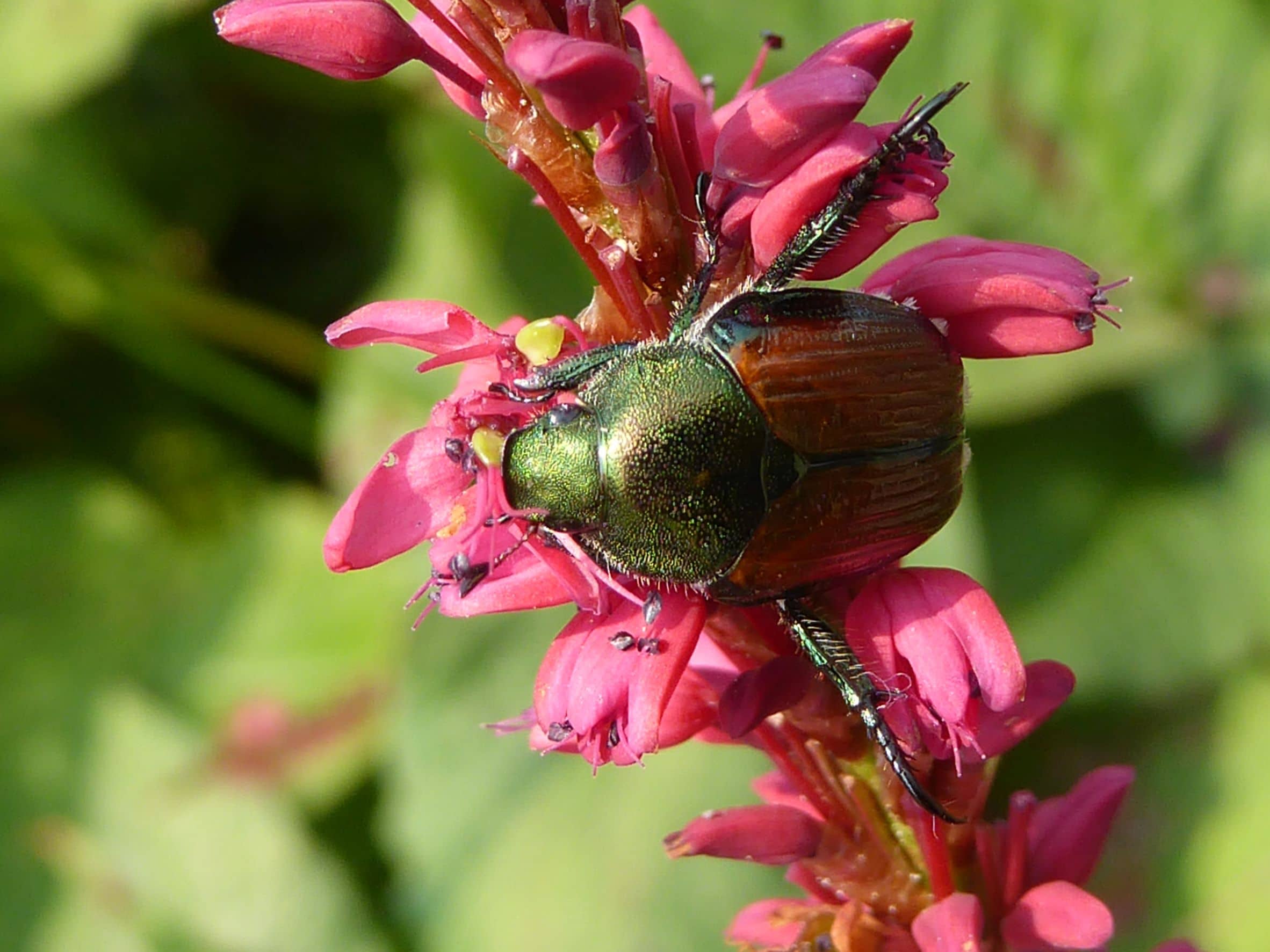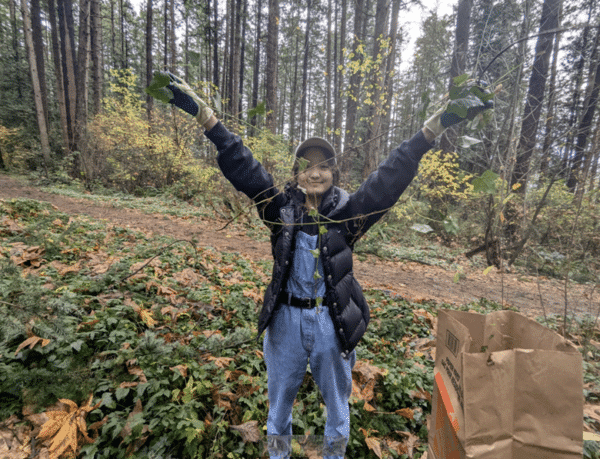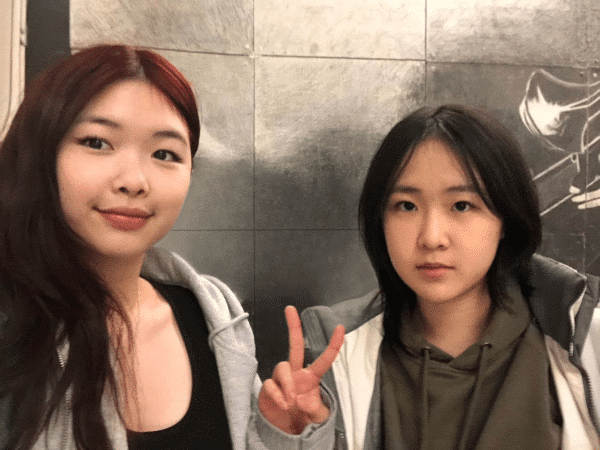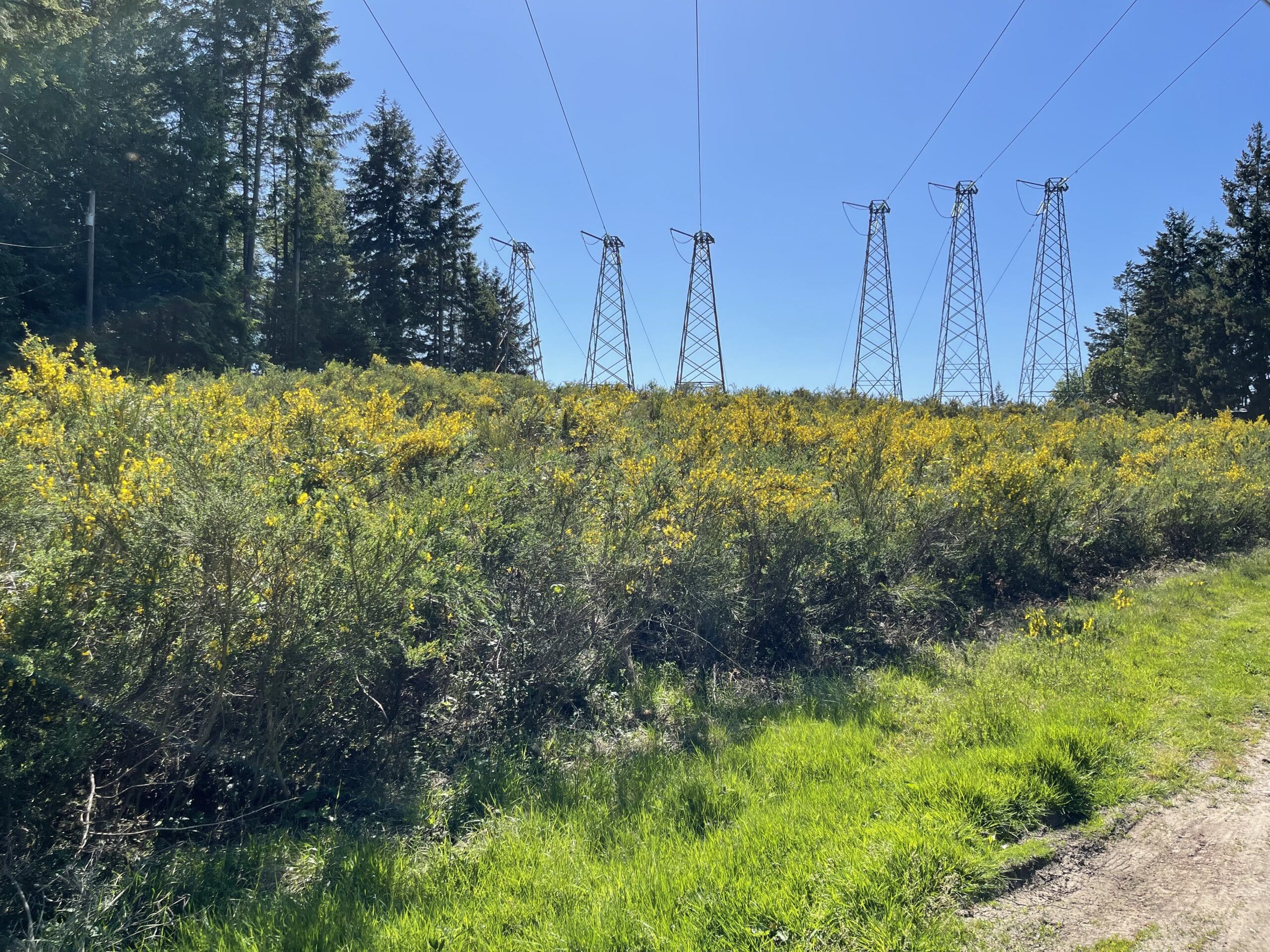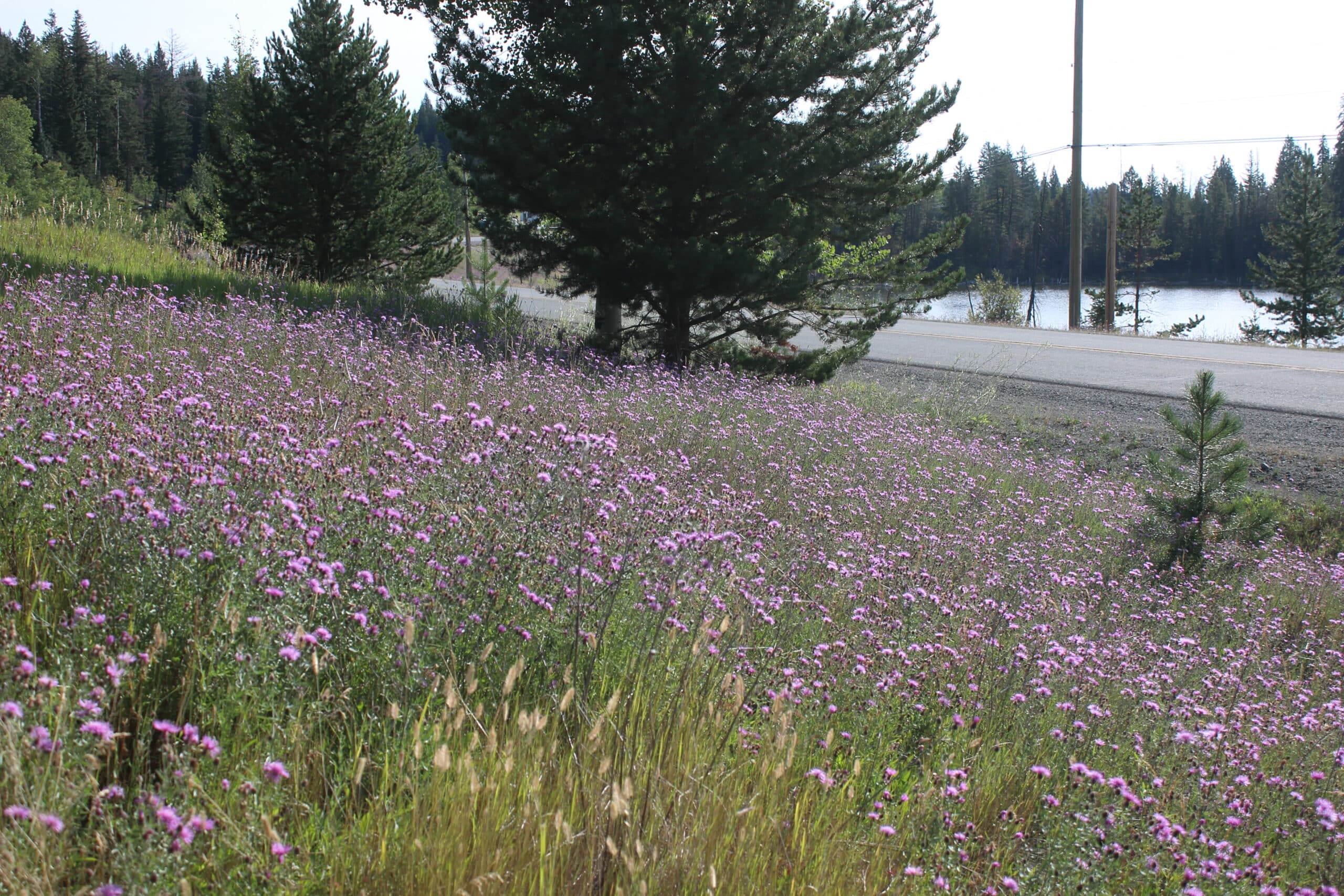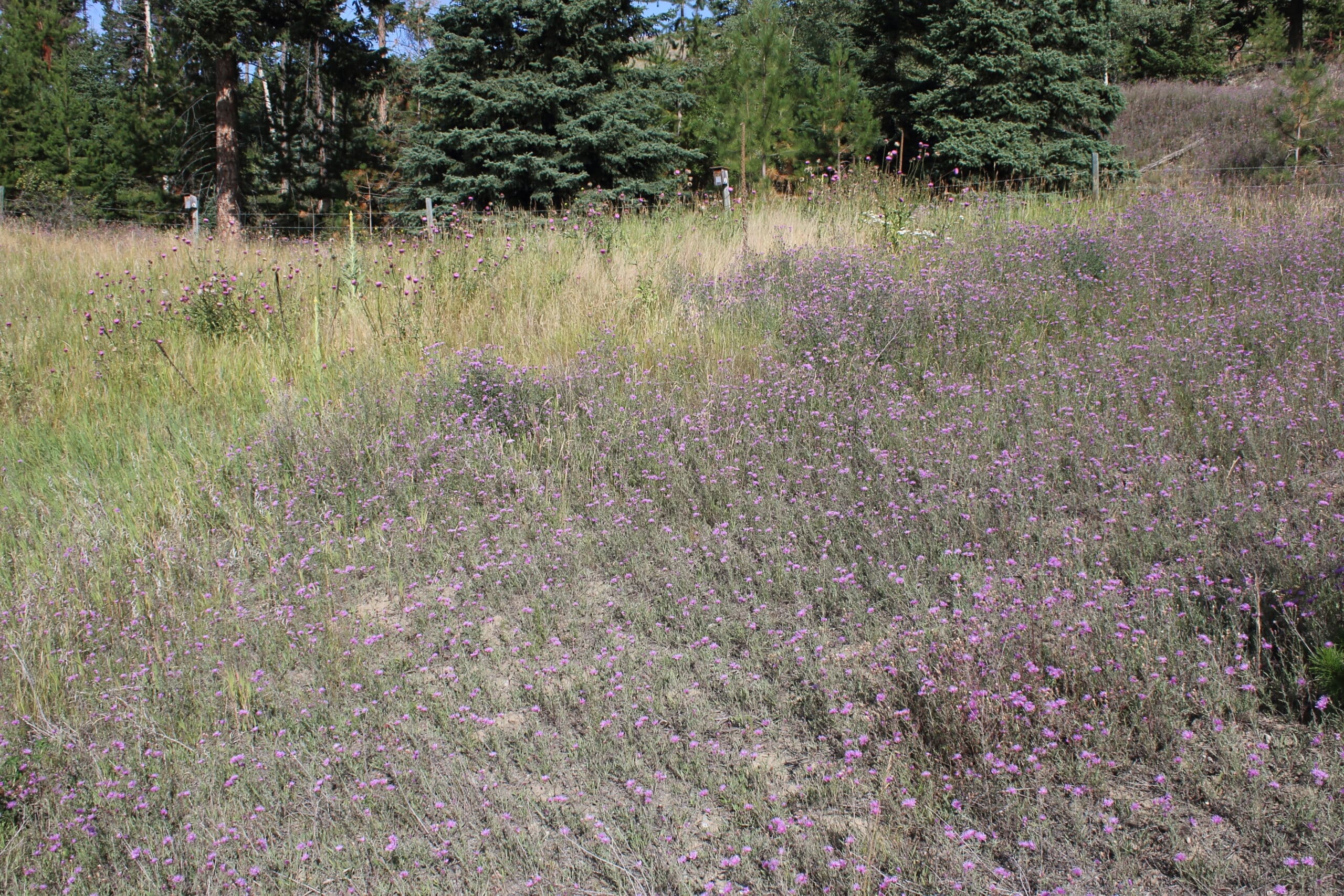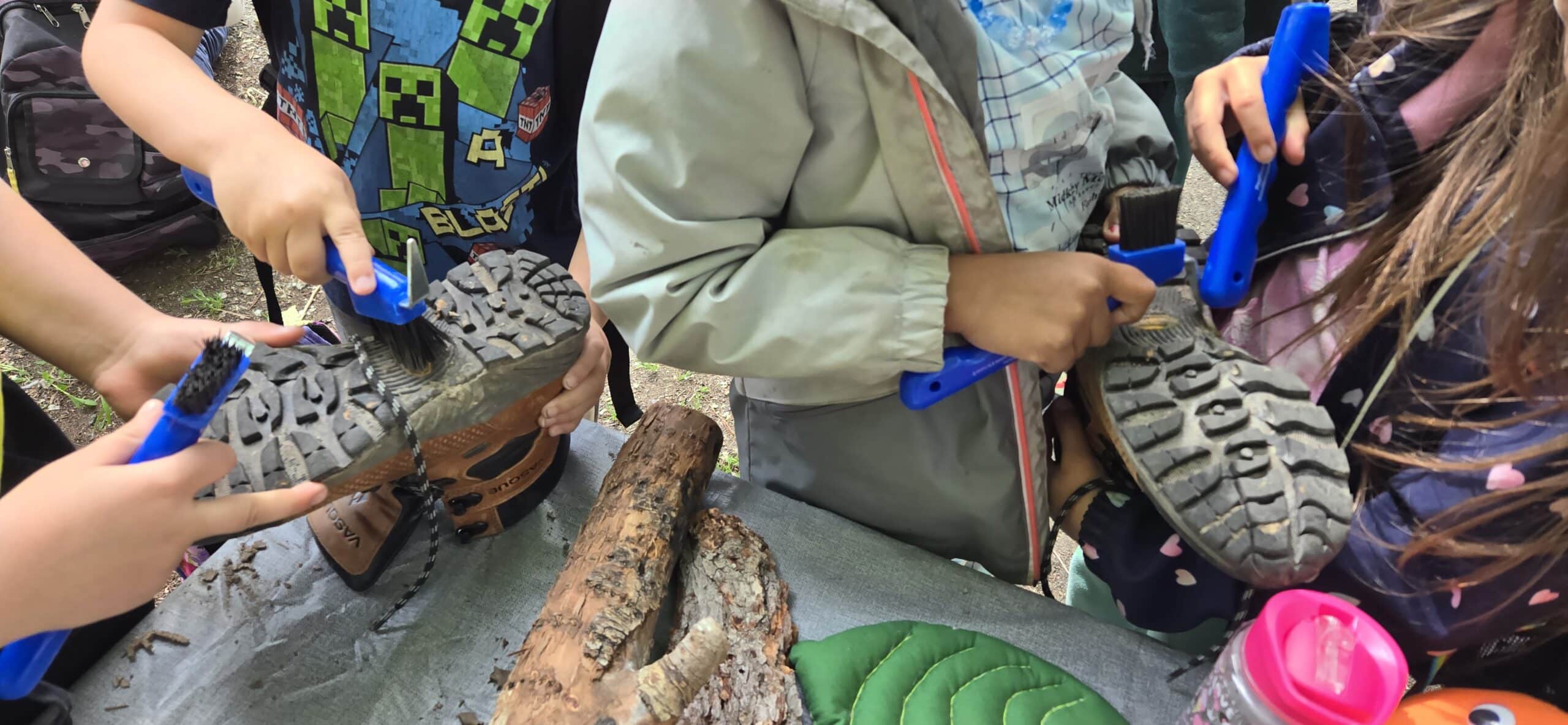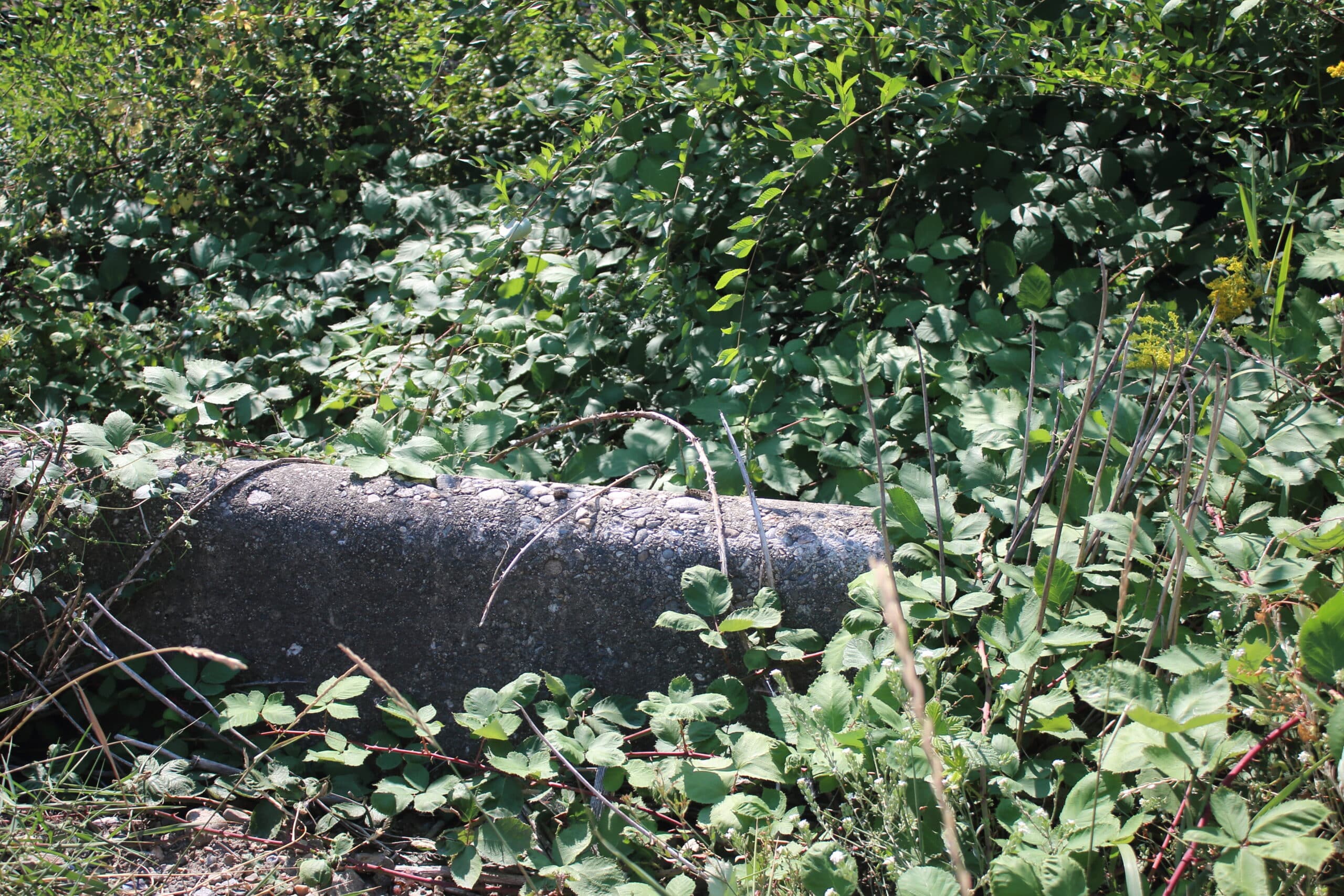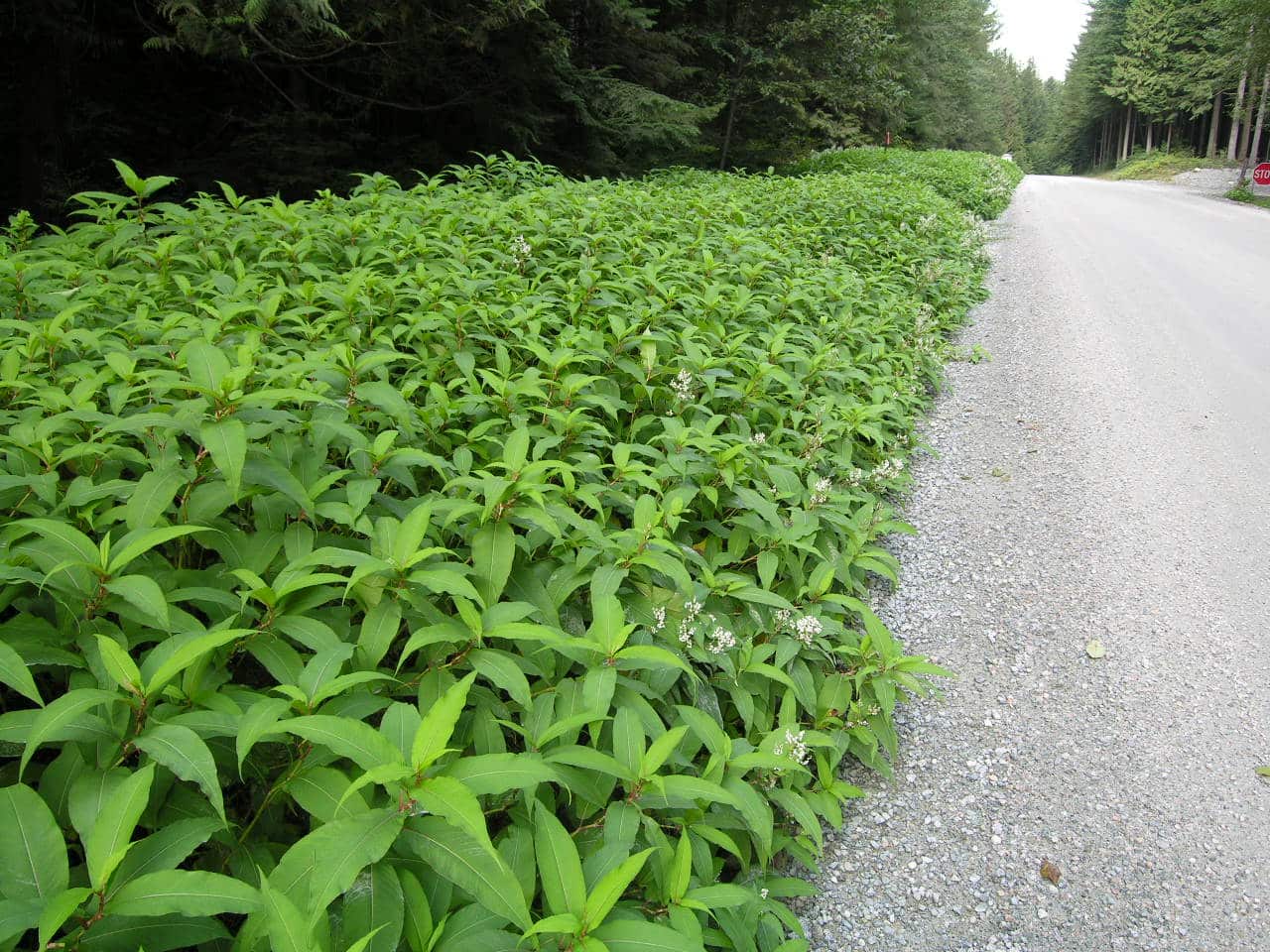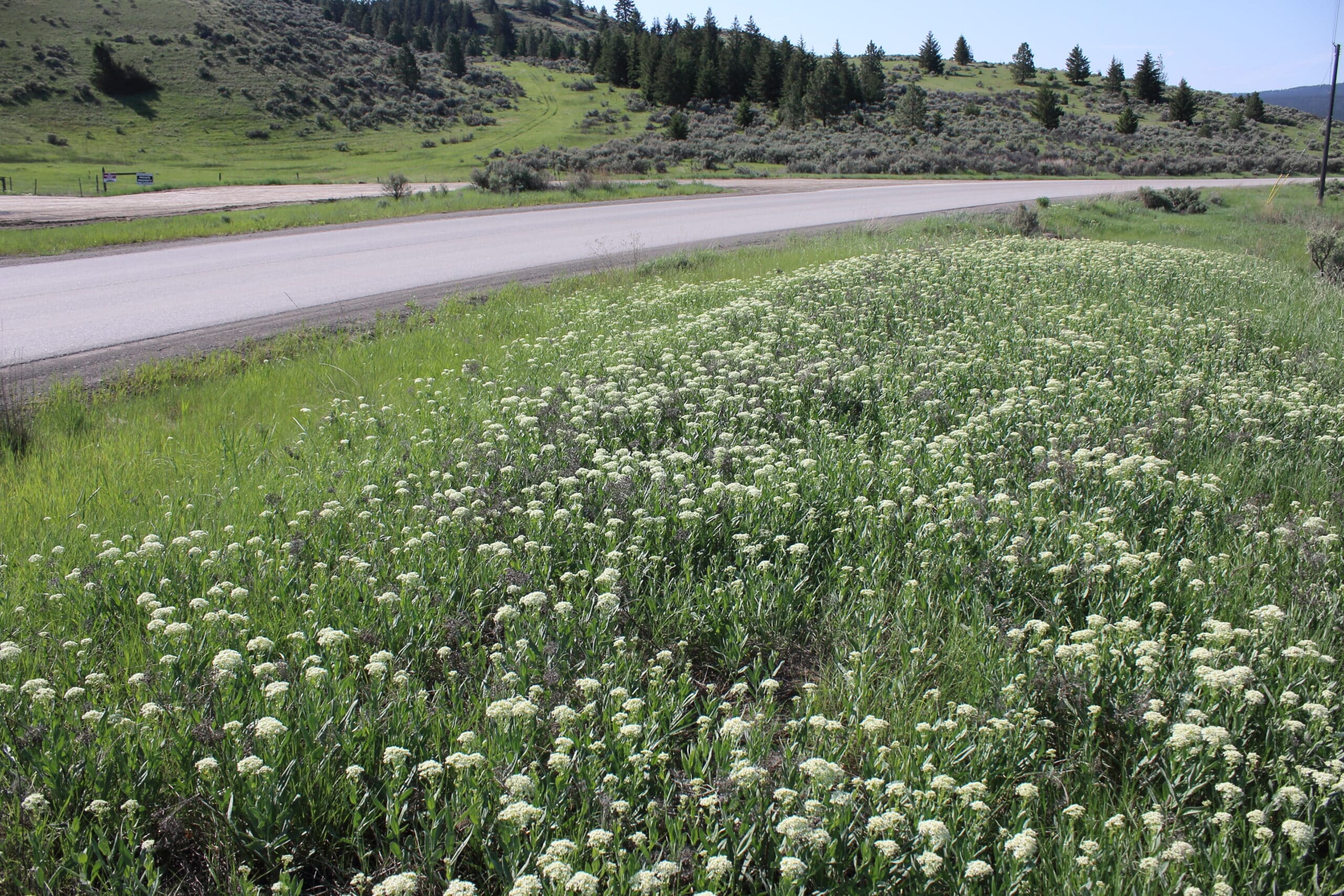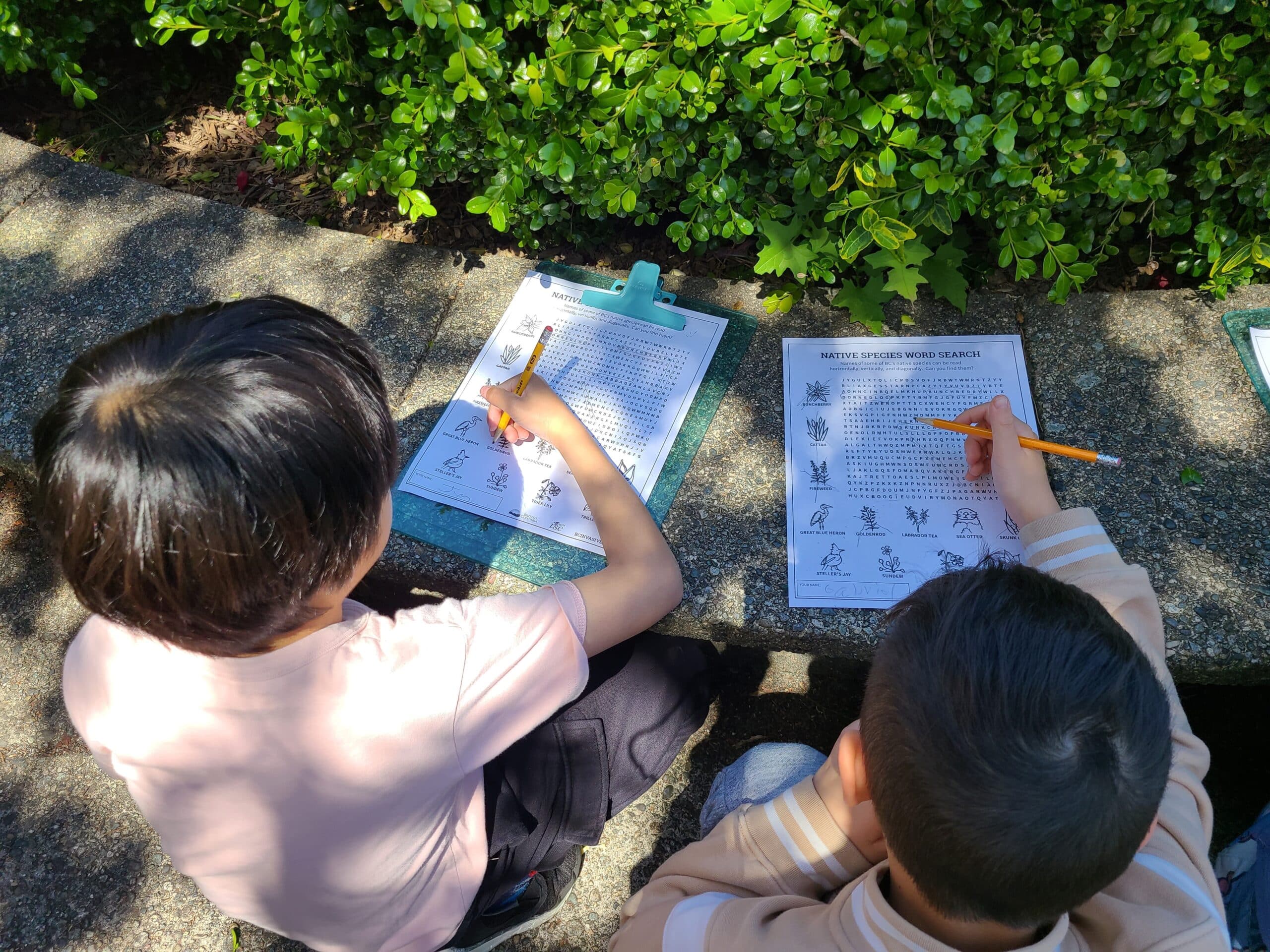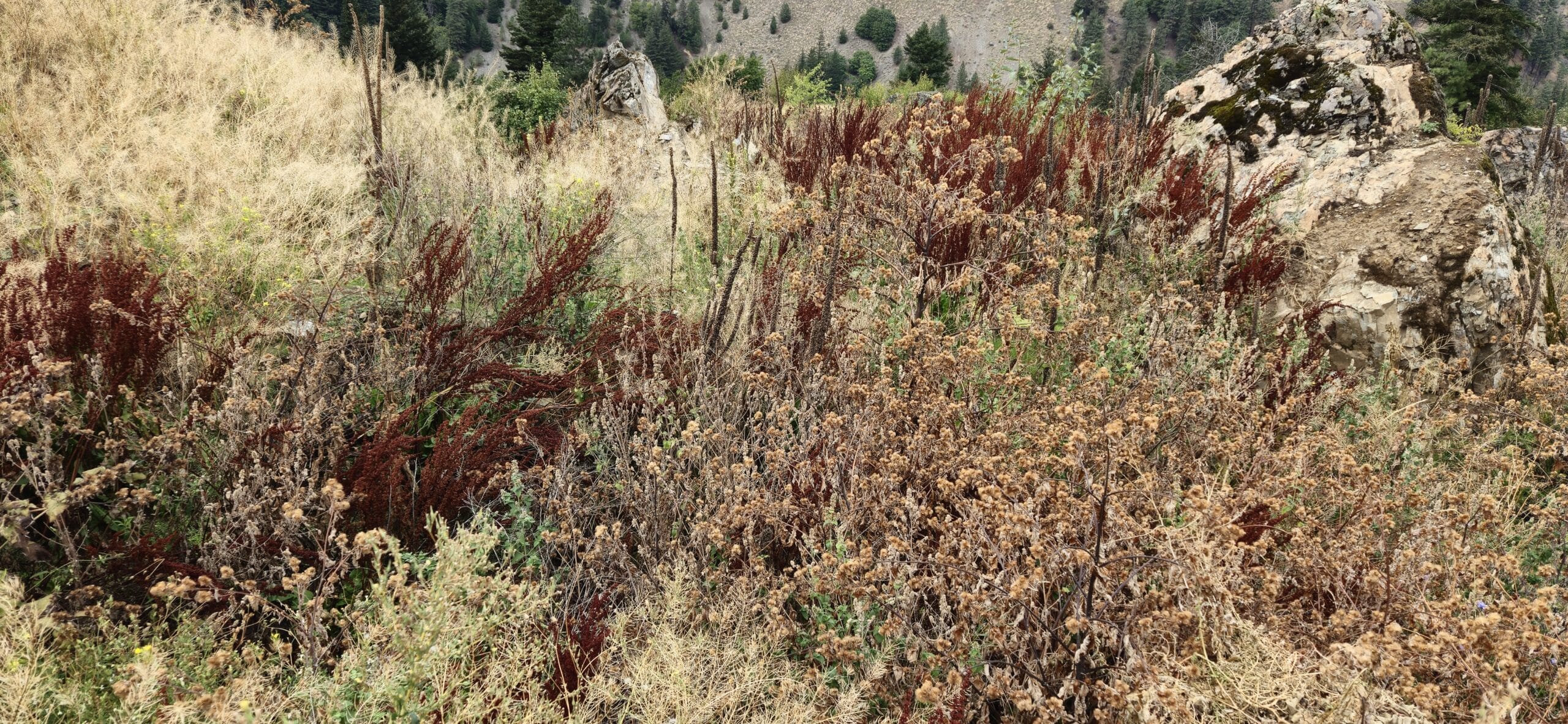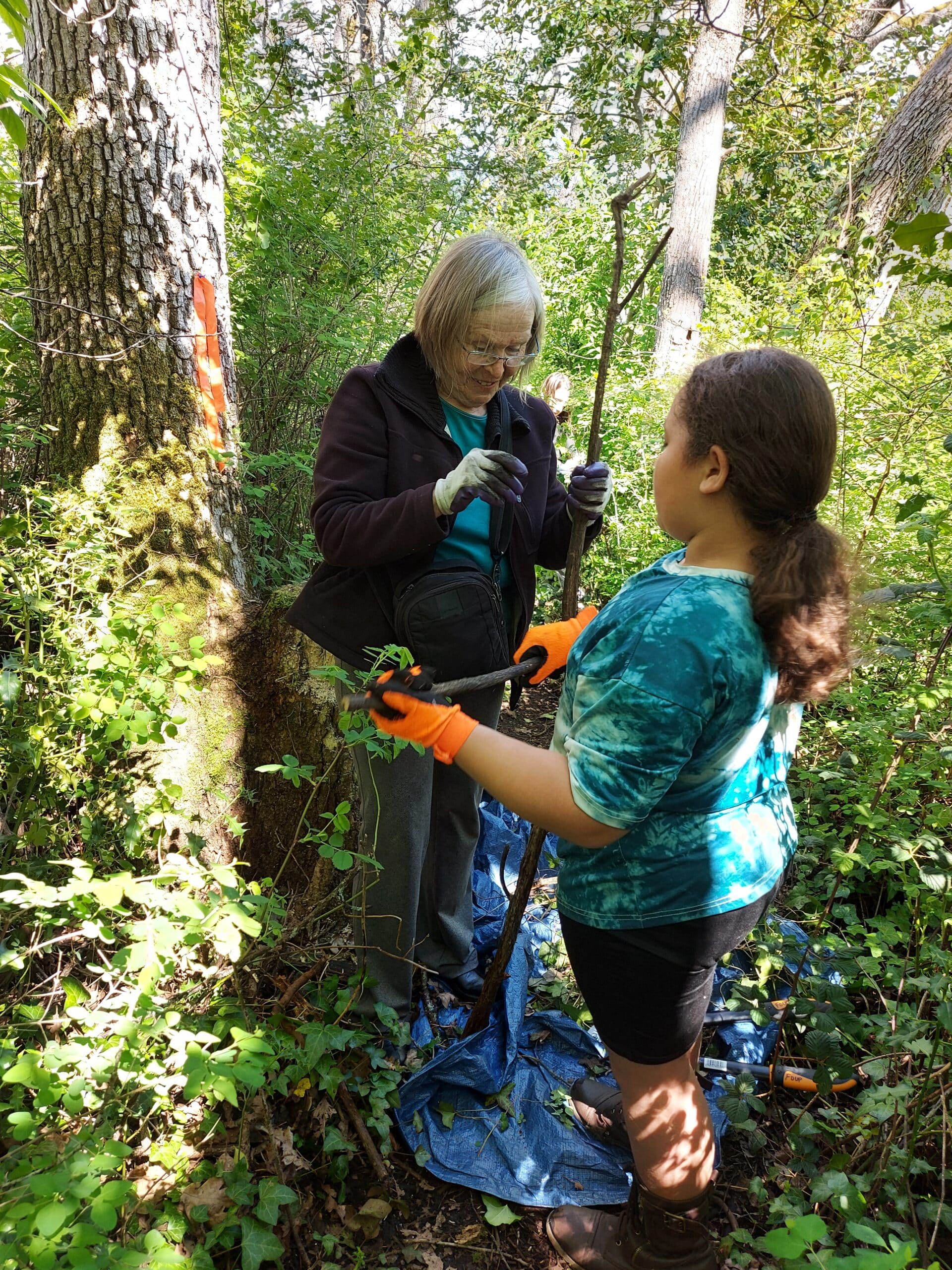December 3rd, 2022
As winter approaches and we think back to our action-packed summer days, we are reflecting on the impressive work our Science Team accomplished in the field this year! Our Insect Ambassadors spent the summer working on the Japanese beetle Control Project and supporting the Canadian Food Inspection Agency (CFIA) by setting up Japanese beetle traps across the Lower Mainland. Traps placed in May were left to capture beetles all summer, their final numbers determining how the pest will be treated in the coming year. Our team effortlessly balanced the work of setting, monitoring and checking these traps with community engagement. While letting the traps do their work, Insect Ambassadors could be found educating the community at public events and aiding local nurseries in spreading awareness about invasive species in BC. Before the summer season concluded, we got the chance to catch up with four awesome members of our Science Team and asked them a few questions about their vital work this summer.
What are you passionate about and what brought you to this work?
Diane: I was working in the service industry before I moved here from Ontario. I wasn’t enjoying it, so when I moved to BC and started hiking and spending time outdoors, I fell in love with the landscape and wanted to do what I could to protect it and make an impact. I just finished the Ecological Restoration program at BCIT, and I am back working at ISCBC for a second summer, since I love working here and being in the field.
Jackson: I have always been interested in ecosystems and insects. I pursued the BCIT program in Ecological Restoration and a diploma in Environmental Monitoring. That led me here, to working with ISCBC.
Camille: I love insects and love this job because you get to see cool bugs! I have had lots of volunteer experience and training in school. This job is cool because you get to increase biodiversity and protect native species. The Japanese beetle project is important because the beetle is hard to control once its settled, but it is at the beginning stages, and we can get on top it. It feels like you can actually see a difference.
Emma: Growing up in BC I have always been fortunate enough to experience biodiversity, which inspired me to pursue higher education in natural resources and conservation.
What has been the most rewarding part of this work?
Diane: Educating and getting people thinking about invasive species.
Jackson: Being involved in big projects such as the Japanese beetle Working Group, Indigenous groups, and government. It is nice to be involved in such important work.
Camille: This project (Japanese beetle Control Project) has been going on for 4 years and the numbers are steadily declining, and that is rewarding to see.
Emma: Helping people learn more about invasive insects and sharing knowledge is extremely rewarding. You also get to meet great people.
How do you think this work is going to positively impact work with invasive species in BC?
Diane: There are so many invasive species, and no one really pays attention to them, considering the little guys and how species can be affected at different levels. This work is really going to help increase awareness.
Jackson: The importance of outreach regarding projects and community engagement. This work is going to help shape our approaches going forward as we shift away from previous ways of interaction.
Camille: People are always interested and are learning. Even though there are signs up around trap areas, the information is not always accessible. ‘What is in the trap? What do we catch?’ My takeaway is that people want to be involved in science and are excited to know more. They want to be involved once they know a bit about the project. Involving the community can really help project be successful.
Emma: The Japanese beetle Control Project involves many different groups and stakeholders in BC and it shows how when people work together invasives can be tackled.
Is there anything in particular that you would like to share about this project with members of community?
Diane: The Better Common Names Project is so important, that is what I would like to highlight to community.
Jackson: I would like to thank community partners, outreach, farmers markets, and nurseries.
Camille: I would like to encourage people to use iNaturalist (app) to check out cool bugs and see what they are seeing and report invasives they find to the CFIA.
Emma: I would like to encourage people to get involved with projects in their community!
About the Author

Charlotte is a University of Victoria graduate, currently residing on Lekwungen territories in Victoria. She started volunteering with ISCBC in 2022 and is passionate about community engagement and knowledge sharing about land and the species around us.
Become a Youth Volunteer!
Join like-minded young adults to plan and carry out real-world activities. Support our goal to support healthy habitats and communities, keeping them free of invasive species. Learn more about becoming a youth volunteer!
Share


